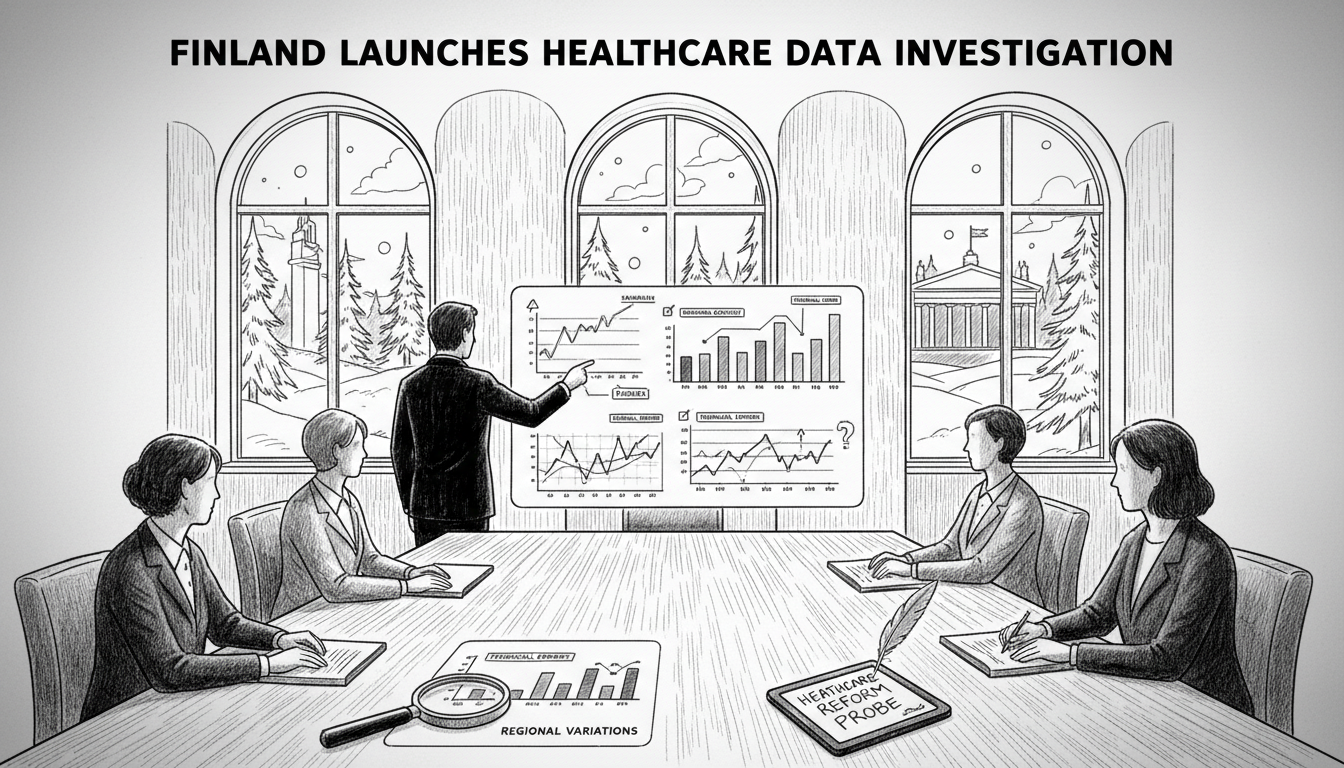Finland's Minister of Local Government and Regional Administration Anna-Kaisa Ikonen has appointed a special investigator to examine variations in diagnosis practices across the country's welfare regions. The investigation will also scrutinize guidelines from the Finnish Institute for Health and Welfare, registry functionality, and data flow integrity.
Recent discussions have raised concerns about the accuracy of diagnosis information because this data forms the basis for funding allocations to welfare regions. Approximately 80 percent of welfare region funding gets distributed according to diagnosis statistics.
Minister Ikonen addressed public concerns in an official statement. She said recent suspicions about diagnosis accuracy have worried Finnish citizens. According to THL investigations, there are no signs of fraudulent diagnosis recording. The issues appear to stem from technical errors in data submitted by welfare regions.
Ikonen emphasized the need to examine processes thoroughly. This approach will help prevent recurring errors and restore confidence in the accuracy of the information foundation.
Diagnosis data problems have emerged in multiple regions. Last month, Northern Ostrobothnia welfare region recorded an unusually high number of respiratory deficiency diagnoses. Officials suspect a technical error occurred when recording patient visit data into the system.
Next year's welfare region funding will use data collected from welfare regions during the previous year. This timing creates immediate pressure to resolve data quality issues.
Ikonen acknowledged the challenges of launching the welfare region system. She noted these startup difficulties likely contribute to data deficiencies. The funding model provides regions with incentives to continuously improve their data quality, and transparency can further support this improvement.
The investigation comes during Finland's ongoing healthcare reform transition. The country shifted from municipal healthcare to regional administration in recent years. This massive reorganization created inevitable data management challenges during the transfer of patient records and reporting systems.
International readers should understand that Finland's welfare regions operate similarly to regional health authorities in other Nordic countries. They manage healthcare, social welfare, and rescue services for their populations. Accurate diagnosis data affects not only funding but also regional healthcare planning and resource allocation.
The situation highlights common challenges in digital healthcare transitions. Many countries struggle with data standardization when moving between healthcare systems. Finland's proactive investigation demonstrates their commitment to data integrity despite these transitional hurdles.
What happens next? The special investigator will deliver findings that could lead to system improvements across Finland's healthcare data management. The outcome will influence both immediate funding decisions and long-term healthcare planning strategies.
This investigation matters because reliable healthcare data forms the foundation of effective medical services. When diagnosis information becomes unreliable, it affects funding distribution, service planning, and ultimately patient care quality across the Finnish healthcare system.

